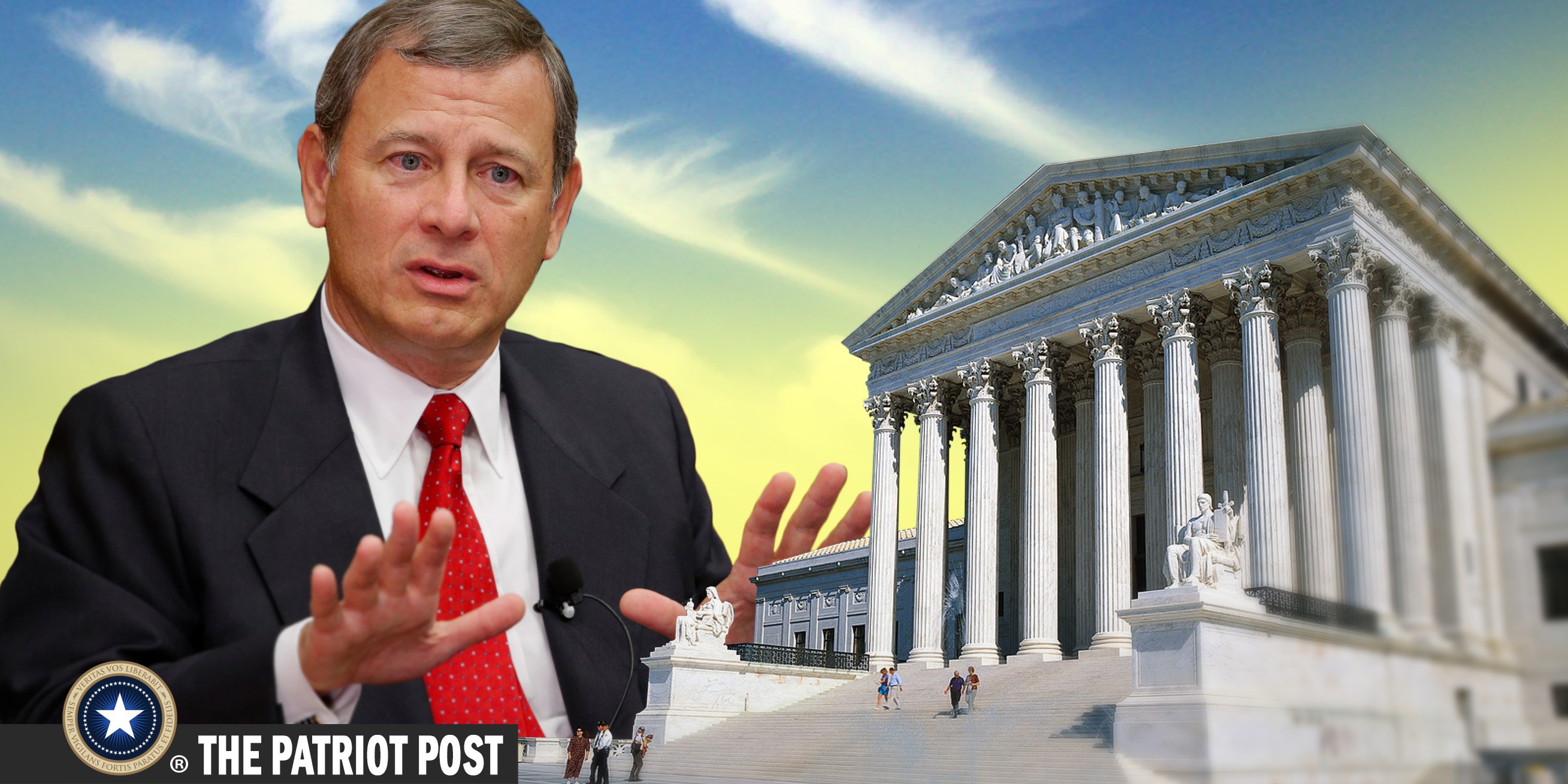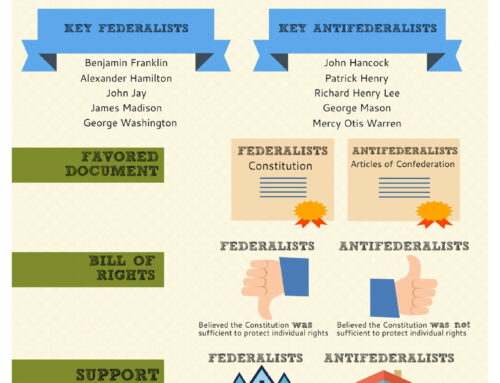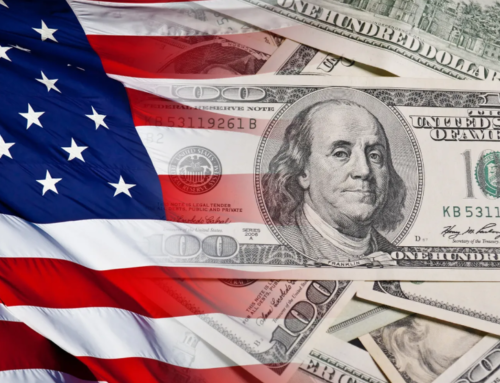WSJ January 18, 2020
Supreme Court to Look at Electoral College Rules
By Brent Kendall and Jess Bravin | 645 words
The high court said it would hear a pair of cases from Colorado and Washington where state law requires presidential electors to vote for the presidential candidate that won the statewide vote. WASHINGTON
The Supreme Court on Friday agreed to take a rare look at rules for electing U.S. presidents, saying it will decide whether a state’s appointed presidential electors can vote in the Electoral College for a candidate who didn’t win the state’s popular vote.
The court’s eventual decision could have ramifications for razor-thin presidential elections if enough members of the Electoral College seek to break rank and cast ballots that depart from the will of the voters.
The high court said it would hear a pair of cases from Colorado and Washington where state law requires presidential electors to vote for the presidential candidate that won the statewide vote.
In the 2016 election, one Colorado elector was replaced when he cast a vote for Ohio Republican John Kasich instead of Hillary Clinton, the Democratic presidential nominee who carried the state.
A divided federal appeals court sided with the faithless elector last year, ruling Colorado violated the Constitution by nullifying his vote. That court said that while a state has the power to pick its electors, those electors have the discretion to vote for whom they wish.
The ruling conflicts with a decision in the Washington case, where its state Supreme Court last year ruled that faithless electors in 2016 could be fined for voting for Colin Powell instead of Mrs. Clinton, the winner of the state’s popular vote.
The U.S. Supreme Court will likely hear the cases in April, with a decision expected by June, a timeline that allows the justices to resolve the issue before the 2020 election.
The Electoral College was established by the Constitution to choose a president. The political parties generally are in control of selecting a slate of potential electors in each state. Roughly 30 states require electors to vote according to the state’s popular vote for president.
Ten of the 538 presidential electors in the 2016 Electoral College attempted to cast votes for people other than their party’s presidential nominee.
Each state’s vote in the Electoral College is equal to the size of its congressional delegation: two (for its senators), plus its number of House representatives. The 23rd Amendment, ratified in 1961, grants the District of Columbia three votes.
The Electoral College was conceived by the framers to ensure that the president was selected by an elite and dispassionate assembly of leaders rather than a popular rabble.
Alexander Hamilton wrote that this “process of election affords a moral certainty” that only the most qualified candidates could ascend to the presidency.
In practice, states came to direct their electors to vote consistent with the statewide popular vote rather than make an independent judgment regarding the candidates.
The system effectively gives less-populated states disproportionate power, but in nearly every presidential election the candidate selected by the Electoral College also won the nationwide popular vote. The last three exceptions were Benjamin Harrison, in 1888; George W. Bush, in 2000; and Donald Trump, in 2016. Mr. Trump lost the popular vote to Hillary Clinton by 2.1%, or roughly 3 million votes, but took office after racking up 304 electoral votes to his opponent’s 227.
Such anomalies have led to criticism that the Electoral College, which initially served to boost the power of Southern states because slaves were partially counted in apportioning House seats, is antidemocratic.
Some smaller states have been loath to surrender their excess power by abolishing the Electoral College.
According to the organization National Popular Vote, which advocates for an agreement of all states to elect a president by popular vote, 15 states and the District of Columbia have enacted measures that would award their electoral votes to the nationwide popular vote winner once states holding an Electoral College majority adopt similar measures.
The Supreme Court’s ruling could affect the viability of any such plan. Write to Brent Kendall at brent.kendall@wsj.com and Jess Bravin at jess.bravin@wsj.com■
The Wall Street Journal





